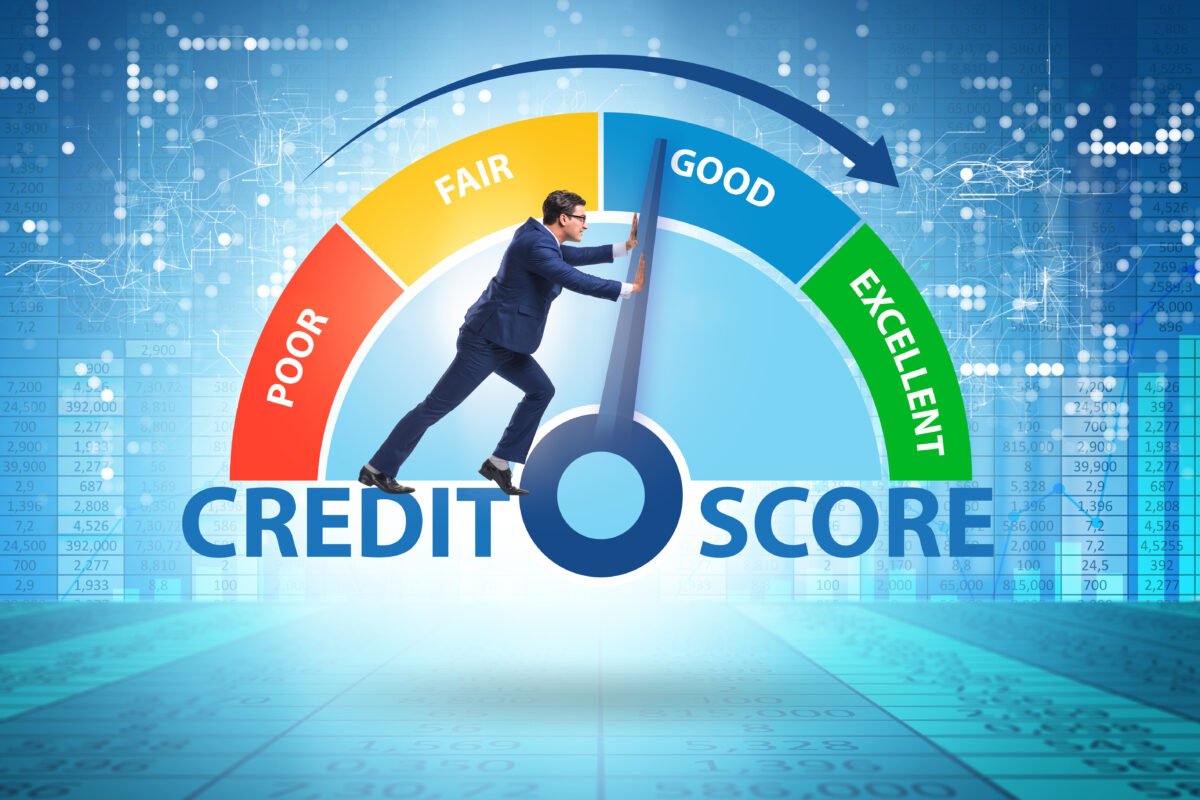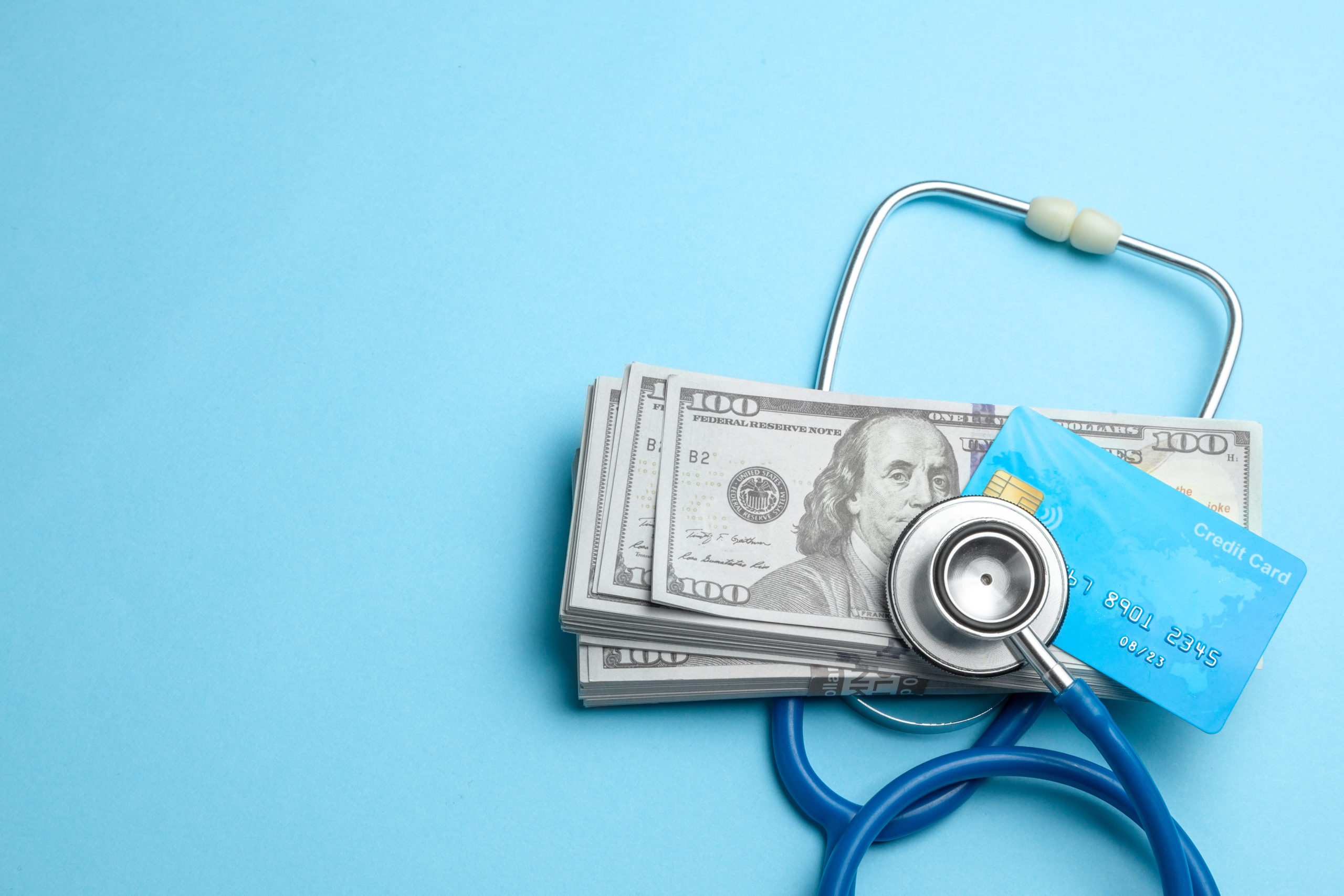Monday, May 9, 2022
Benefits of Going Paperless
Enjoy the full benefits of Online Banking by enrolling in electronic statements (eStatements). eStatements provide fast, safe, and secure delivery of your bank statements which means less worry for you!
Wondering if eStatements are right for you? Here are a few reasons why you should enroll today:
Immediate Access
No more waiting for paper statements to arrive in the mail at your home or business. You can view your bank statement online the business day after the end of your statement cycle. You will even receive an email notification when your statement is available for viewing.
Increased Security
Reduce the risk of mail fraud and identity theft. eStatements are secured by your online banking login credentials and can only be accessed by you.
Account Access 24/7
You have the ability to download your statements anytime at your convenience. Save your PDF statement to your computer or a thumb drive for easy access and printing when needed.
Eco-Friendly
Replacing your multi-page paper statement with an electronic version saves trees and reduces pollution associated with paper manufacturing, printing, and mail transportation.
Reduced clutter
Give yourself less paperwork to sort through and less clutter in your mailbox. You can access 18 months of statements with the click of a button.
Sign up is a snap
It’s easy to enroll online. To choose eStatements for your River City Bank accounts:
- Log in to your River City Bank Online Banking.
- Expand the Accounts menu and click Electronic Statements.
- Follow the on-screen instructions and choose your statement delivery preference.
- Once you select electronic delivery, you no longer need to worry about receiving a paper statement.
To learn more about eStatements, contact one of our team members at (706) 236-2123.





